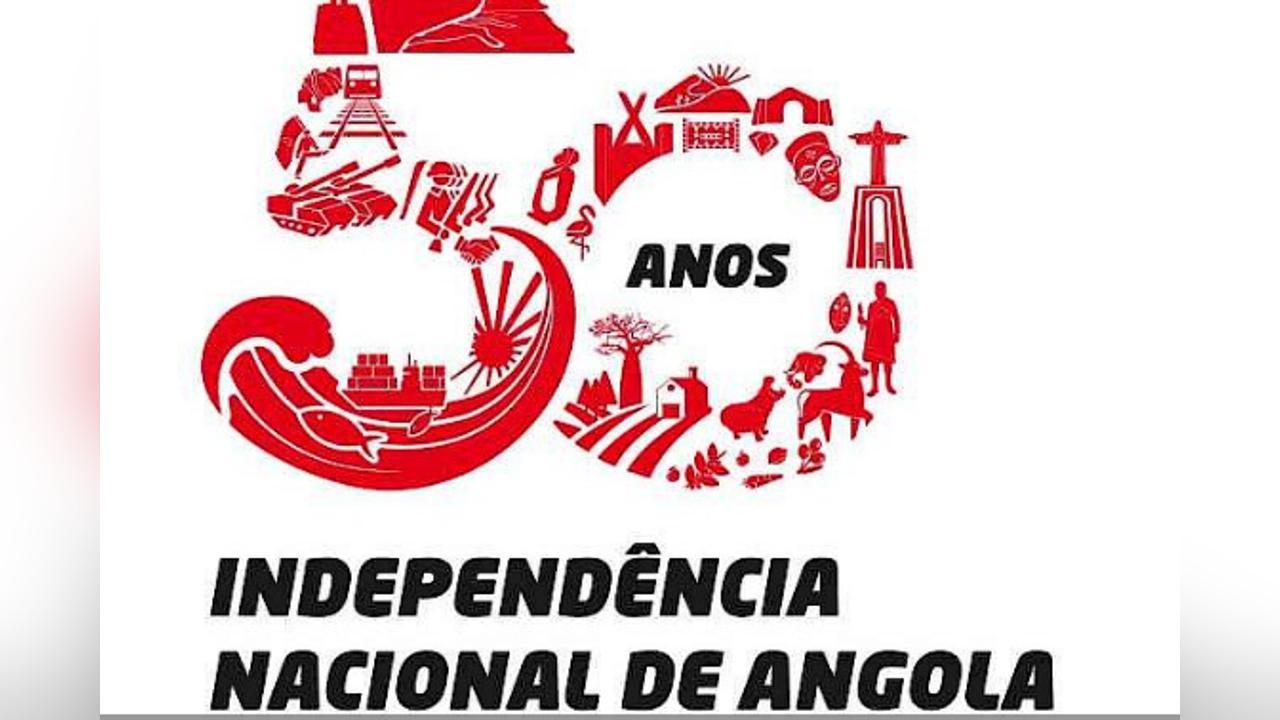Africa-Press – Angola. President João Lourenço considered Angola’s 50 years of independence a significant achievement, while acknowledging that the country continues to be in a development process, like any other sovereign nation.
In an interview with CNN Portugal, the Head of State emphasized that, over these five decades, Angola has made considerable progress, even facing historical impasses such as civil war and external interference.
“Independence is always worthwhile. In 50 years, we have achieved a lot, even recognizing that not everything is done. No country is completely finished. Otherwise, there would be no life. Countries are built, generation after generation,” the president said.
President João Lourenço emphasized the authorities’ commitment to commemorating 50 years of independence in a befitting manner, recognizing the achievements and deeply assessing on the challenges that still remain.
“We’re trying to celebrate these 50 years in the best most effusive possible way, recognizing our achievements, but also our weaknesses, which we certainly have,” he said.
The president highlighted the positive impact of the program of medal awards to national and foreign figures who contributed to national liberation and the country’s development over the past five decades.
“Recognition is always welcome. Families are satisfied, society is satisfied,” he added.
National Unity and Reconciliation
Regarding post-independence challenges, the President recalled that Angola went through a period of armed conflict, but rejected the idea of a formal division of the country.
“The country has always been one and indivisible. There were brief occupations of parts of the territory, but these did not form governments,” he explained.
Lourenço acknowledged, however, that there were disagreements between the liberation movements, namely the MPLA, the FNLA, and UNITA, signatories of the Alvor Accords, exacerbated by external interference during the Cold War, resulting in 27 years of internal armed conflict.
“We were victims of the Cold War. The world was divided into two blocs, and we ended up being dragged into one of them,” Lourenço said.
New World Order and Geopolitical Instability
When asked about the current international situation, President João Lourenço considered that the world is indeed witnessing the formation of a new world order, but warned that the process should not be achieved through force.
He said that a new world order was imposed, but never through force of arms or the occupation of foreign territories. This is contrary to the principles of international law.
For the Angolan statesman, the necessary global transformation should involve reforms in the United Nations Security Council, the World Bank, and the International Monetary Fund, not military confrontations or the imposition of power.
“Unfortunately, that’s not what we’re seeing. A new world map is being redrawn, with centers of power shifting, and I fear the near future won’t bring easy days for anyone,” he warned.
João Lourenço also reaffirmed the importance of cooperation with the United States and other international powers, within a context of multilateral diplomacy and strategic balance, emphasizing that Angola will continue to maintain a stance in defense of peace, development, and the self-determination of its peoples.
For More News And Analysis About Angola Follow Africa-Press






